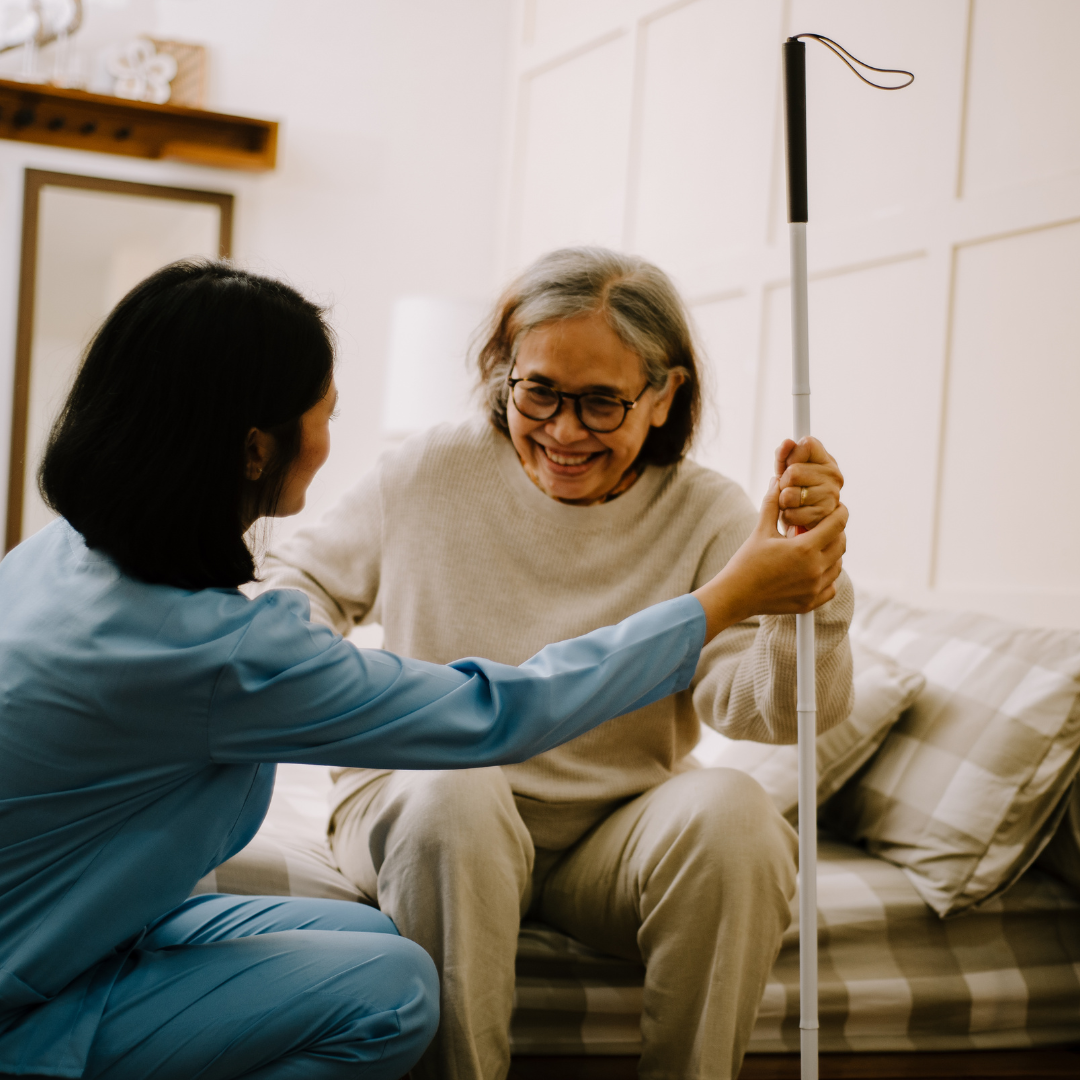Depression is all too common among older people, but the symptoms are not always obvious to us. Without treatment, the depression may lead to feelings of worthlessness, sadness, guilt, and inability to concentrate. These problems can disappear over time but left untreated, depression in the elderly can lead to poor physical health, worsening medical conditions, inadequate self-care, and even suicide.
Apart from mental health advocates, who are under constant pressure to raise mental health awareness among all age groups, the middle-aged and elderly population often face stigma and discrimination. Thus, it is more difficult for middle-aged and older people to shed their negative feelings and live a fulfilling life. However, in a population where one in three people are affected by a mental health issue, there is a need to address depression in older people.
Depression affects so many people, including the elderly. In fact, depression among older adults is a growing problem, according to the National Institute of Mental Health. It is estimated that more than 7 million Americans experience depression each year. Unfortunately, the signs and symptoms of depression are also different from those seen in younger people. Depression is a treatable condition by a mental health professional. Elders and youngsters alike can seek assistance by consulting an Online Psychiatrist in Washington or looking for a clinic near their location. But how do you know if someone in your life needs professional help?
Depression among older people can stem from a variety of factors that are unique to this stage of life. Some of the common reasons for depression in older individuals include:
- Health Issues: Chronic health conditions, pain, and limitations in mobility can lead to frustration, isolation, and a sense of helplessness. Dealing with physical ailments can take a toll on mental well-being.
- Loss and Grief: Older adults often experience the loss of loved ones, friends, and spouses. The grief and loneliness that accompany these losses can contribute to feelings of sadness and depression.
- Retirement and Identity: Retirement can lead to a loss of identity and purpose for many individuals who identified strongly with their careers. The transition from a busy work life to a more leisurely lifestyle can be challenging. Also, the feeling that one’s life lacks purpose or a sense of contribution to society can lead to feelings of emptiness and depression.
- Divorce or Family Disputes: Going through a divorce or experiencing family disputes can cause emotional distress, upheaval, and feelings of rejection or isolation, contributing to depression. Sure, Arizona Family Law Attorneys or similar legal professionals would be able to help them with the legal aspects of it, but for the part about their emotional health, they need to be extremely careful and seek professional help if necessary.
- Existential Concerns: Reflection on mortality and the meaning of life can lead to existential crises and a sense of hopelessness, especially if one feels unfulfilled in their life achievements. Societal stigma and ageism can create feelings of invisibility and worthlessness, leading to a negative impact on mental health.
You can look for changes in mood or behavior, including:
- Changes in sleep patterns
- Altered eating habits
- Decreased interest in activities they once enjoyed
- Feeling hopeless or helpless
- Changes in self-care behavior, such as hygiene, grooming, or exercise
It is estimated that 16,000 people over age 65 commit suicide each year, and suicide is the second leading cause of death among Americans ages 65 and older. According to the U.S. Centers for Disease Control and Prevention, suicides have tripled among this age group since 1999. Depression is the leading cause of suicide, but many women are not aware that depression can impact their quality of life.
The suicide rate among 65- to 74-year-olds has been increasing for three consecutive years. While many people attribute this rise to rising stress levels and mental health problems among baby boomers, new research indicates that depression may be playing a role. “The suicide rate for middle-aged people has increased faster than any other age group,” said Dr. Steven Gust, lead study author and clinical director of the Geriatrics Surgical Evaluation Center at Henry Ford Hospital in Detroit. “Knowing that depression is a major contributor to suicide in this group, we need to recognize symptoms of depression and treat them.”
Depression among older people is a major issue. According to the Center for Disease Control, 1 in 5 older adults has depression, while 1 in 7 older adults experience severe depression. While depression can affect anyone, it is twice as likely to affect those over 65 and those who have experienced a severe life event, such as the death of a partner or child.
Whilst depression is most commonly diagnosed among people in their mid-20s to mid-40s, it can happen at any age. Experts think that many older adults may initially dismiss their depression as just part of growing older. But depression in seniors can be serious, and treatment is necessary.
In general, a psychologist may suggest seniors to increase their social interaction, join mental health groups, be physically active, and spend enough time with family to reduce depression symptoms. These tips could be considered social prescribing, whereby socializing, interaction, and communication can help manage depression (see social prescribing explained in detail on the internet). However, in the case of clinical depression, it is possible that medicines and anti-depressants will also be prescribed in addition to the above-mentioned treatment methods.
As people age, their risk for depression increases, and symptoms of depression can manifest differently in older people. There are ways to recognize and cope with the depression symptoms experienced by older adults and prevent depression from worsening. If your parents seem to be depressed, with the help of medical advice, you could consider giving them psilocybin capsules (click here to buy now) to provide some sense of increased emotional well-being.
Depression is a mood disorder that impacts how you think, feel, and behave. While typically associated with teenagers, depression can affect people of all ages, including older adults. Depression in older adults is so common that it is estimated to affect as many as one in five people over 65. Fortunately, depression in older adults is often treatable, and many older adults can return to living a full and productive life with good outcomes.





Be the first to reply